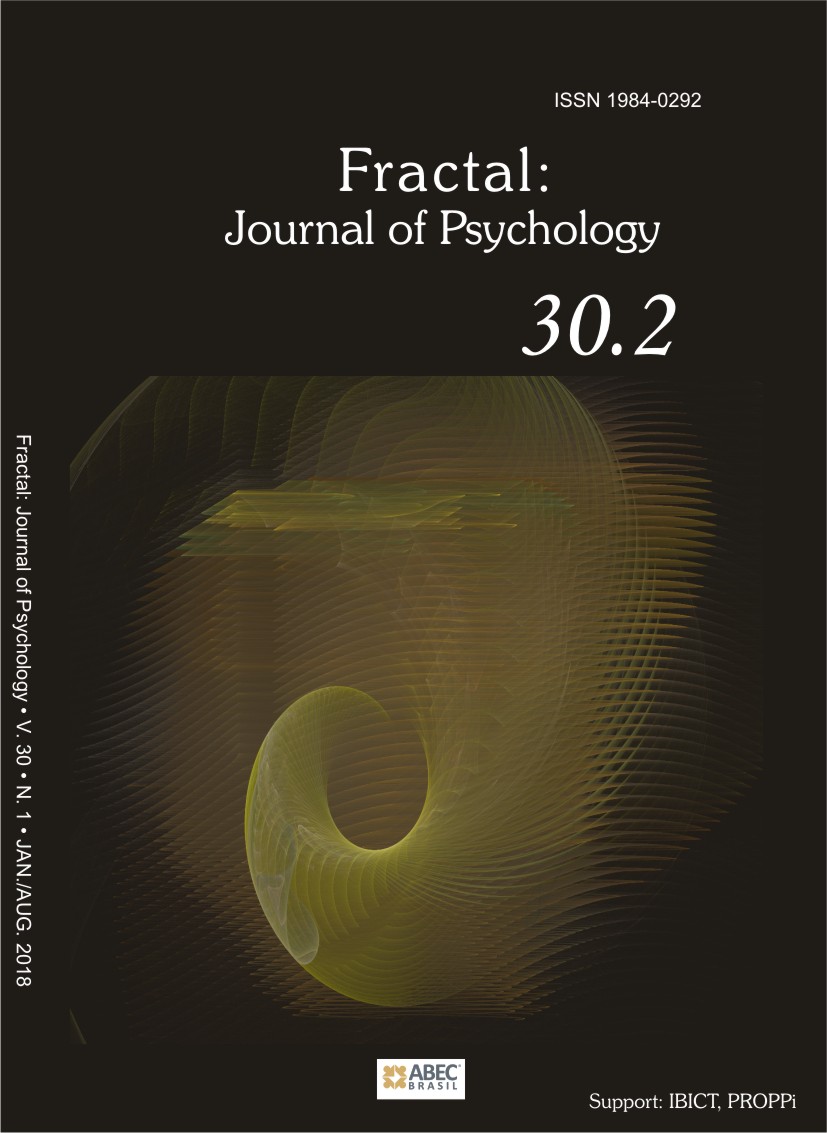Women, transvestites and transsexuals: gender intersections in public policies documents
DOI:
https://doi.org/10.22409/1984-0292/v30i2/5545Keywords:
gender, public policies, violence, transvestites, transsexualsAbstract
This paper analyzes gender conceptions present in the document “National Policy to Confront Violence against Women (2011)”, which proposes action guidelines to the confrontation against gender violence and the “Resolution of the Municipal Board of Education of Belo Horizonte n. 002 (2008)”, which proposes the insertion of transvestites and transsexuals in schools by means of the use of each person’s social name. The documentation analysis was fulfilled based on six categories; context of document production, institutional author membership; authenticity and document confiability; text nature; key concepts and textual internal logical. The documents reflect, however not without contradiction, the recent Brazilian history processes which search to achieve and claim a democratic and respectful society to the citizens rights. Although much advances in politics and gender had been made, a lot of binarisms concepts still crosses these public politics.
Downloads
References
ALVES, C. E. R. Nome sui generis: o nome (social) como dispositivo de identificação de gênero. Belo Horizonte: PUC Minas, 2017.
BELO HORIZONTE. Secretaria Municipal de Educação. Resolução CME/BH N. 002, de 18 de dezembro de 2008. Dispõe sobre a inclusão do nome social de travestis e transexuais nos registros escolares das escolas da Rede Municipal de Educação. Diário Oficial do Município, Belo Horizonte, ano XV, edição n. 3386, julho 2009.
BENTO, B. A reinvenção do corpo: sexualidade e gênero na experiência transexual. São Paulo: Espaço e Tempo, 2006.
BRASIL. Ministério do Planejamento, Orçamento e Gestão. Secretaria de Planejamento e Investimentos Estratégicos. Plano plurianual 2004-2007: projeto de lei. Brasília: MP, 2003. Disponível em: http://www2.camara.leg.br/orcamento-da-uniao/leis-orcamentarias/ppa/2004-2007/ppa-2004-2007/proposta/anexo1.PDF. Acesso em: 10 out. 2013. v. 1.
BRASIL. Constituição da República Federativa do Brasil: texto constitucional promulgado em 5 de outubro de 1988, com as alterações adotadas pelas Emendas Constitucionais nº. 1/92 a 56/2007 e pelas Emendas Constitucionais de Revisão nº. 1 a 6/94. Brasília: Senado Federal, 2008.
BRASIL. Presidência da República. Secretaria Especial de Políticas para as Mulheres. Política nacional de enfrentamento à violência contra as mulheres. Brasília: SPM, 2011.
BRASIL. Presidência da República. Secretaria Especial de Políticas para as Mulheres. Plano nacional de políticas para as mulheres. Brasília: SPM, 2005.
BRASIL. Ministério da Educação. Lei nº 9.394, de 20 de dezembro de 1996. Estabelece as diretrizes e bases da educação nacional. Brasília: MEC, 1996.
BUTLER, J. Problemas de gênero: feminismo e subversão da identidade. Rio de Janeiro: Civilização Brasileira, 2003.
CELLARD, A. A análise documental. In: POUPART, J. et al. A pesquisa qualitativa: enfoques epistemológicos e metodológicos. Petrópolis: Vozes, 2010. p. 295-316.
FARAH, M. F. S. Gênero e políticas públicas. Estudos Feministas, Florianópolis, v. 12, n. 1, p. 47-71. jan./abr. 2004. Disponível em: https://periodicos.ufsc.br/index.php/ref/article/view/S0104-026X2004000100004/7943. Acesso em: 24 set. 2016.
FOUCAULT, M. História da sexualidade: a vontade de saber. Rio de Janeiro: Graal, 1988.
JESUS, J. G. Trans-formações: poder e gênero nos novos tempos. In: CONGRESSO BRASILEIRO DE PSICODRAMA, 18., 2012, Brasília. Anais... Brasília: Federação Brasileira de Psicodrama, 2012.
LOURO, G. L. O corpo estranho: ensaios sobre sexualidade e a teoria queer. Belo Horizonte: Autêntica, 2004.
MISKOLCI, R. Crítica à hegemonia heterossexual. Revista Cult, ano 17, n. 193, p. 23-26, ago. 2014.
PRADO, M. A. M.; MACHADO, F. V. Preconceito contra homossexualidades: a hierarquia da invisibilidade. São Paulo: Cortez, 2008.
PRECIADO, B. Multidões queer: notas para uma política dos “anormais”. Estudos Feministas, Florianópolis, v. 19, n. 1, jan-abril, 2011. Disponível em: https://periodicos.ufsc.br/index.php/ref/article/view/S0104-026X2011000100002/18390. Acesso em: 12 out. 2016.
ROCHA, C. V. Ideias dispersas sobre o significado de políticas sociais. In: STENGEL, M. et. al. (Org.). Políticas públicas de apoio sociofamiliar. Belo Horizonte: PUC Minas, 2001. Coleção Infância e Adolescência, v. 1, p. 7-42.
SAFFIOTI, H. I. Gênero, patriarcado, violência. São Paulo: Fundação Perseu Abramo, 2004.
SCOTT, J. Gênero: uma categoria útil de análise histórica. Educação & Realidade, Porto Alegre, v. 20, n. 2, p. 71-99, jul./dez. 1995. Disponível em: http://www.seer.ufrgs.br/index.php/educacaoerealidade/article/view/71721/40667. Acesso em: 15 out. 2016.
VARIKAS, E. Max Weber, a gaiola de aço e as senhoras. In: CHABAUD-RYCHTER, D. (Org.). O gênero nas Ciências Sociais. São Paulo: Unesp, 2014. p. 423-442.
Downloads
Published
How to Cite
Issue
Section
License
Authors publishing in this journal agree to the following terms:
- Authors retain copyright and grant the journal the right of first publication, with the work simultaneously licensed under the Creative Commons Attribution License allowing sharing of the work with acknowledgement of authorship of the work and initial publication in this journal.
- Authors are permitted to enter into additional contracts separately for non-exclusive distribution of the version of the work published in this journal (e.g., publishing in an institutional repository or as a book chapter), with acknowledgment of authorship and initial publication in this journal.

This work is licensed under a Creative Commons Attribution 4.0 International License.
To the extent possible under the law, Fractal: Journal of Psychology has waived all copyright and related rights to the Reference Lists in research articles. This work is published in: Brazil.
To the extent possible under law,Fractal: Journal of Psychology has waived all copyright and related or neighboring rights to Reference lists in research articles. This work is published from: Brazil.







